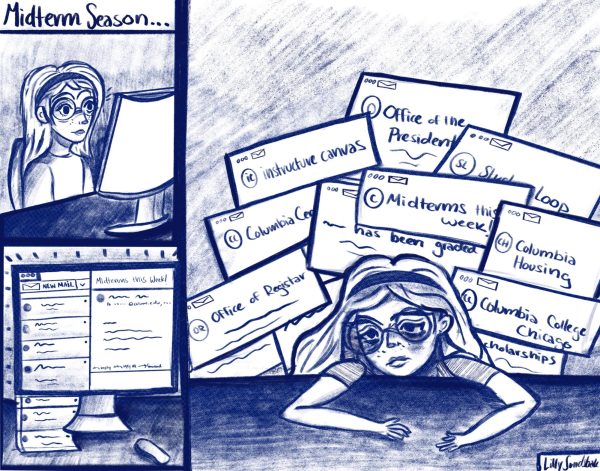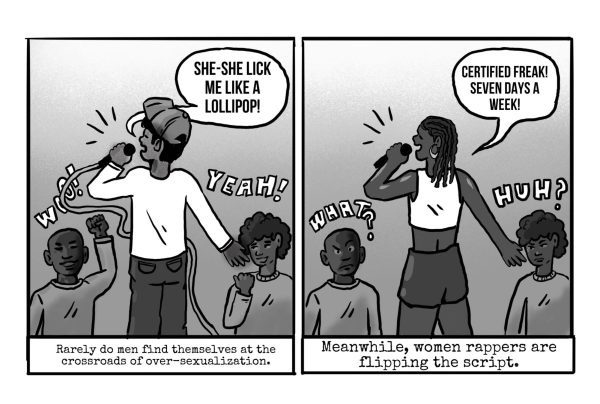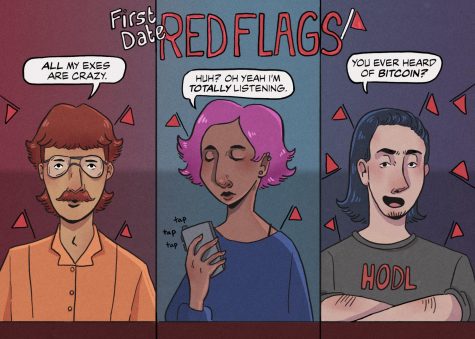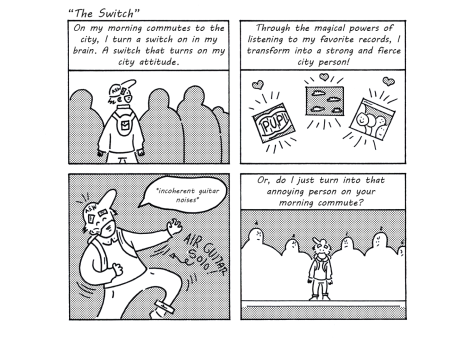Republicans need more inclusive political party
April 20, 2009
On November 4, 2008, two important things happened in American politics. We elected our first minority leader, and 96 percent of minority voters did not support the Republican candidate.
The latter should concern the GOP enough to change its image to keep its ship from sinking.
There is no doubt that it will be a difficult task to change the ideals and voting patterns that materialized in the 1960s. No thanks to southern segregationist Democrats trading party lines and allowing minorities to feel betrayed, the tide changed for the worst. These defectors ruined Republicans’ ability to continue their inclusionary agenda.
Even though the effort has been lackluster in bringing minorities back to the Republican Party, there are steps that the party should probably take to diversify.
Barack Obama is the first minority president that this country has had, which could be a crushing blow to the republican cause in attracting minorities. At the same time, he could be critical in helping the party regain confidence in the public if the socialist policies he plans on implementing fail; rallying minority conservative politicians and their voters to look elsewhere.
Grassroots campaigning is critical for the success of the party, starting small in city neighborhoods to break the voting cycles created by years of narrow-minded influence.
Attracting the social conservative crowd is an excellent way to draw more votes and help relate to all types of religious communities.
Chicago is a perfect example of how voters are swayed into voting for the same party, election after election. The South Side is filled with residents who vote Democrat because they are persuaded to do so. It’s only normal if the democrat ic aldermen and precinct captains are accessible to everyone and make promises of change within each community.
This is where the republicans are at fault. They have given up on these neighborhoods because they feel that they cannot break the cycle.
What these local GOP groups need to realize is that such a large voting block of minorities needs to be tapped into, especially with more minorities coming out to vote each election year.
In a 2008 Joint Center for Political and Economical studies poll, 43.6 percent of black Americans identified as liberal, 24.4 percent as moderate and 31.3 percent as conservative. When questioned about party identification, 73 percent self-identified as democrats, 19 percent as independent and 4 percent as republican.
These discrepancies question how conservatives are doing when it comes to attracting socially conservative minorities to vote republican.
Religious issues seemed to work in California’s Proposition 8 decision to ban gay marriage. Joint Center exit poll findings found that seven out of 10 black voters supported the ban of gay marriage and 53 percent of Hispanics also favored the ban. Even conservatives who are in favor of, or neutral toward, gay marriage should see that a large percentage of minorities lean in agreement with religious views, and, therefore, with a large percentage of republican views.
If Obama’s socialist policies fail, it will allow the free market’s voice to strengthen and, at the same time, conservative minorities to find success at all levels of government while working toward the top.
The more successful minorities become in this country, the more they will not want their paychecks overtaxed. Many hard-working minorities will find a stronger distaste for an overabundance of social programs that too many people heavily rely on.
If all conservatives can make it clear that their policies are good for everyone, it can make a world of difference.

















